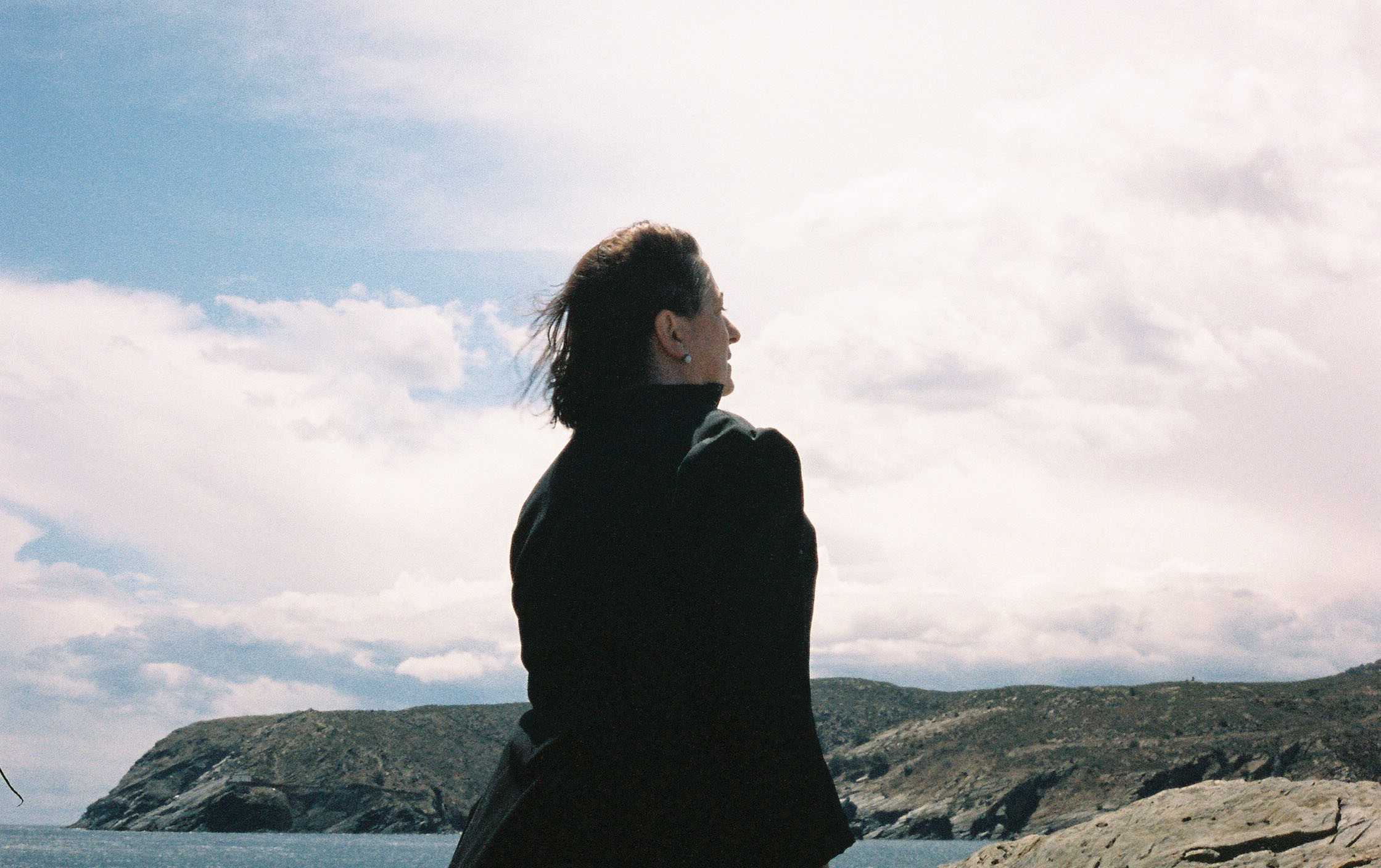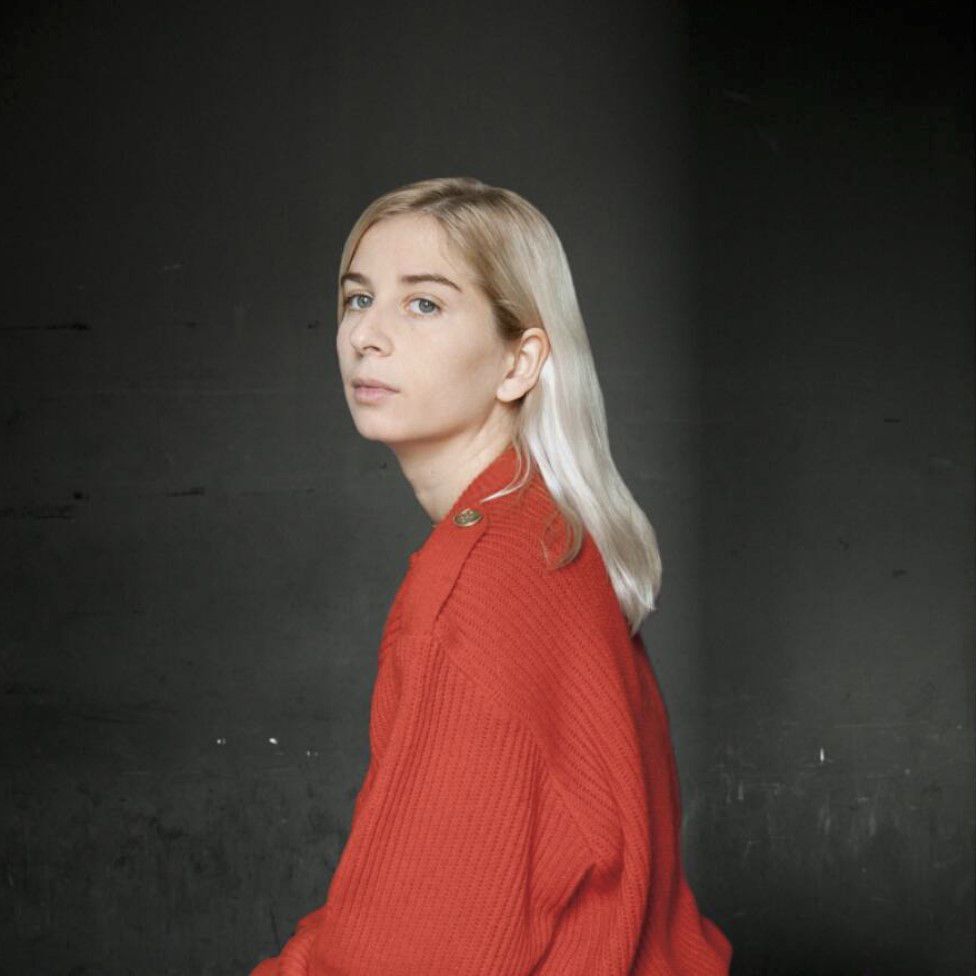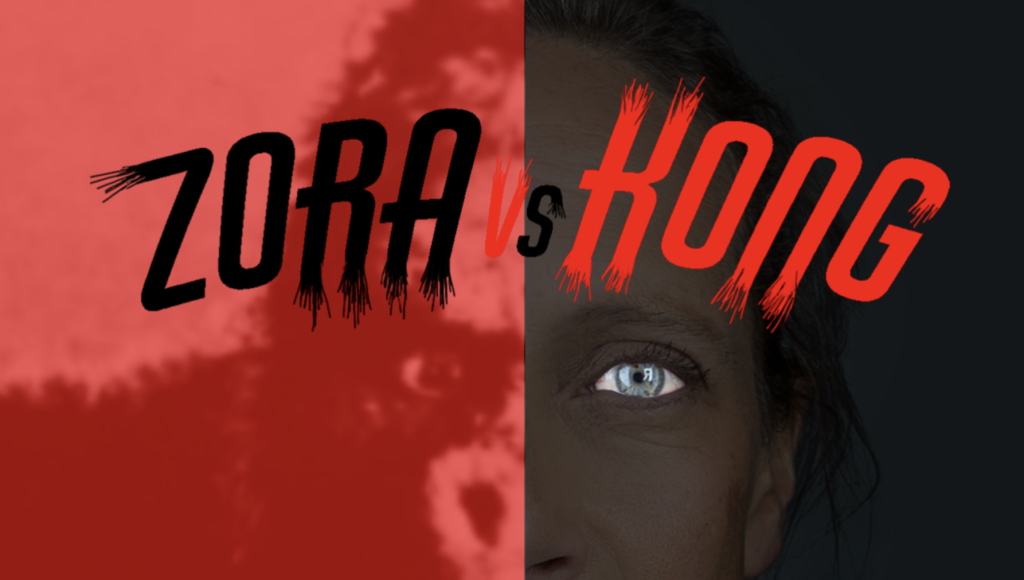
Lídia de Cadaqués
International title: Lídia from Cadaqués
Director: Nur Casadevall
Production:Marta Cruañas, Xavi Vara
Script: Nur Casadevall, Elena Serra
Contact person: Marta Cruañas
Production company: Canada
Estimated running time: 100 min
Genre: Drama
Budget: 1.9 M
Email: marta.cruañas@canadacanada.com
Synopsis
September 1904, Lídia, an illiterate fishmonger and daughter of the last witch of Cadaqués, takes Eugeni D’Ors into her home. Her fascination with the world he represents, so far removed from her own, becomes an obsession for her, which leads to delirium to the point of her believing she is the Ben Plantada, the protagonist of one of the author’s works.Septiembre de 1904, Lídia, una pescadera analfabeta e hija de la última bruja de Cadaqués, acoge a Eugeni D’Ors en su casa. La fascinación por el mundo que él representa, tan alejado del suyo, se convierte en una obsesión para ella, que desemboca en un delirio hasta el punto de creerse la Ben Plantada, protagonista de una de las obras del autor.
Iteration note
Lídia was an illiterate fishmonger, the daughter of the last witch of Cadaqués, an inheritance she carried with her all her life. She was a very ambitious woman who struggled to educate herself and to be able to relate to people from other social backgrounds, at a time when women of her class were relegated to housework. She had a tragic life in the family environment – her husband committed suicide and her two children ended up in a psychiatric institution – but, at the same time, very rich and stimulating in the social environment. Her unique personality enabled her to socialise with the wealthy families of Cadaqués – such as the Dalí, Rahola, Marquina and Pichot families – and to meet a number of artists and intellectuals of the early 20th century, with whom she was a friend and great inspiration. Her relationship with Eugeni d’Ors was very brief, but intense. The obsession she felt for the writer and for the world of arts and letters that he offered her soon degenerated into a paranoid delusional disorder that lasted until her death.
Our film focuses on the period from September 1904, when he hosted Eugeni d’Ors in his house, until their reunion in Sant Pere de Rodes.
Lídia sought in literature the happiness she could not find in the real world, and her obsession with Eugeni was, in reality, an irrepressible desire to be happy and to escape from the hostile world around her.
With this film I enter into her imaginary, to see the world through her eyes, and thus accompany her, intimately, towards her delirium.
Director:

Nur Casadevall is a graduate of the Escola Superior de Cinema i Audiovisuals de Catalunya (ESCAC). Her final project, the short film Lina, won numerous awards at national and international festivals, including Best Director at the Malaga Film Festival (2016) and the Young Directors Awards at Cannes, and was selected to compete for the Gaudí Awards.
Subsequently, he joined the directors of the Catalan production company Canada, where he has directed campaigns for brands such as Chloe, Terry Mugler, Mango, Samsung, Puma, Adidas, Google, Netflix, Tous, Massimo Dutti, Hermes, among others. His work has been published in magazines such as Nowness, Vogue Spain and Films Dance.
He has been a member of the jury of the Barcelona Fashion Film Festival in the 2020, 2021 and 2022 editions. In 2019, she was a member of the jury of the C de C (Club de Creativos de España) and of D&AD, the prestigious British festival of audiovisual creativity.
She is currently developing her debut film Lidia de Cadaqués, which has been selected for the residencies Faberllull (2022), Acció Viver de Dones Visuals (2023) and Semillerulab (2024).
September 1904, Lídia, an illiterate fishmonger and daughter of the last witch of Cadaqués, takes Eugeni D’Ors into her home. Her fascination with the world he represents, so far removed from her own, becomes an obsession for her, which leads to delirium to the point of her believing she is the Ben Plantada, the protagonist…
Estado current del proyecto
Development
Needs / Objectives
Creative and production feedback . National (co-production, distribution) and international (co-production, sales) partnerships. Televisions and platforms

